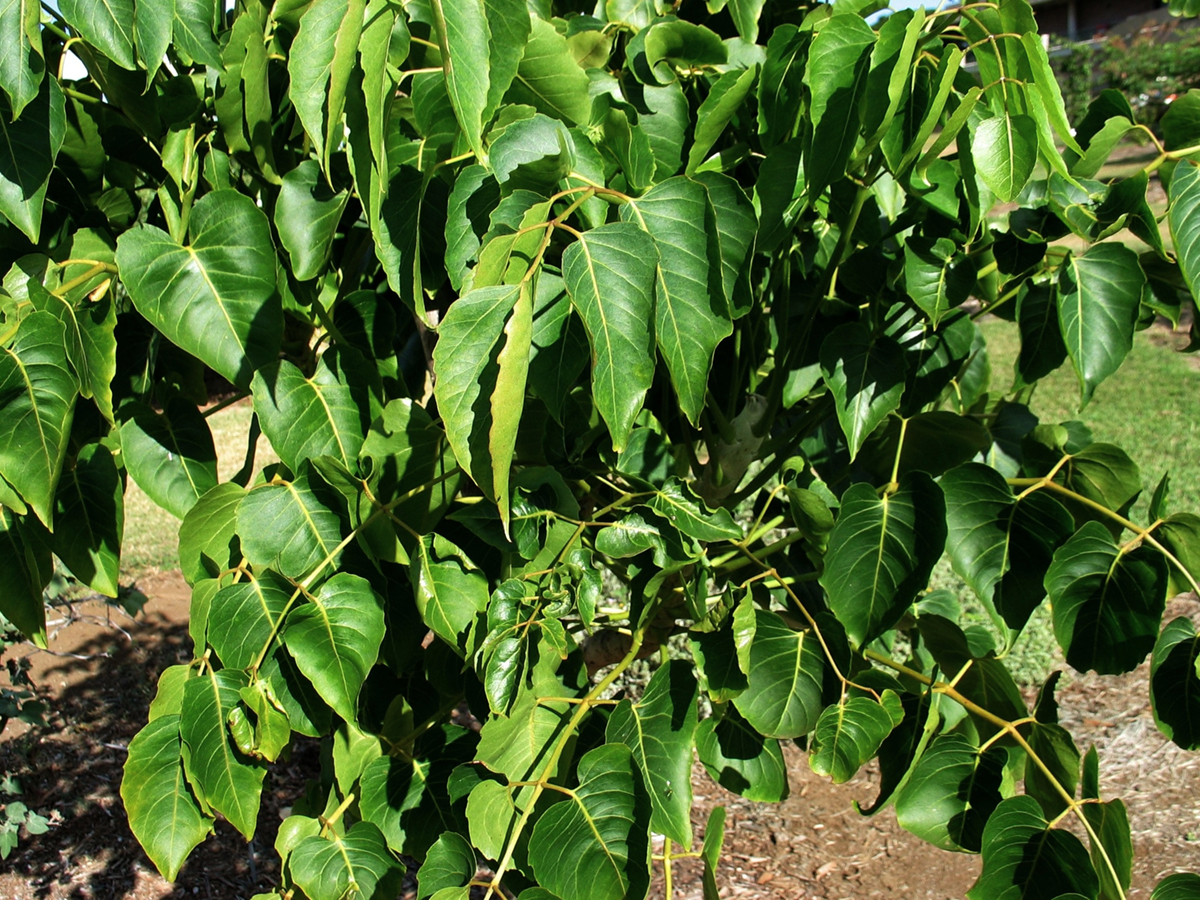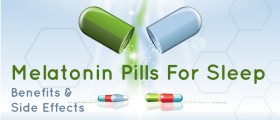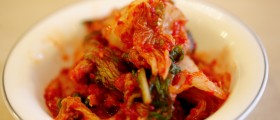
Ginseng
Ginseng has been used as a medicinal plant since time immemorial. It is believed to promote longevity and health, and that it is an adaptogen, meaning that its properties increase the body's resistance to stress. Some of its anti-carcinogenic and antioxidant properties contribute to such opinion. Adaptogen properties of the herb come from a substance known as ginsenoide, which can be found in the root of the plant. These properties made Korean ginseng (or Panax ginseng, or red Korean ginseng) a popular ingredient in traditional Asian medicine. Recent scientific studies have shown that there are substantial health benefits to be gained from use of ginseng, and that it can be used as a remedy for several ailments. However, studies have also shown that there are some side effects connected to the prolonged use of ginseng, which should not be taken lightly.
Benefits of ginseng
As mentioned, beneficial influence of ginseng comes from ginsenoide, an active compound found in the herb's root. It is a phytochemical (chemical synthesized by a plant) that improves brain activity, thus increasing the user's capability to concentrate and enhance attention levels, as well as to handle stress. This is achieved by suppression of production of corticosteroids, which are connected with levels of stress and anxiety.
Side effects of ginseng
Many persons may experience various side effects if they use ginseng for longer periods of time. Typical and most important side effects of red Korean ginseng are irritability, nervousness, and insomnia. All these side effects actually originate from excess stimulation of the brain provided by ginsenoide. Serious side effects are quite uncommon, and include gastrointestinal problems, insomnia, low blood pressure or high blood pressure, dizziness and headaches, and breast pain. these are caused either by an ginsenoide "overdose" or by prolonged intake. Most common gastrointestinal problems caused by ginseng include loss of appetite, nausea and diarrhea. Some individuals might even experience nosebleeds and irregular heartbeat, and some women could suffer from unusual vaginal bleeding after intake of either ginseng or supplements based on it.
Persons who are allergic to ginseng might suffer from skin rash, swelling, itching and blisters on specific regions, namely face and tongue. Breathing problems can also develop in case of allergy, which could be life-threatening if not treated immediately. Diabetics should avoid use of ginseng or its supplements as it can cause a sudden drop of blood sugar levels.
Although most side effects of ginseng are very mild and severe problems caused by its intake are very rare, it is recommended to use ginseng only after consultation and under the supervision of a competent doctor.

















Your thoughts on this
Loading...